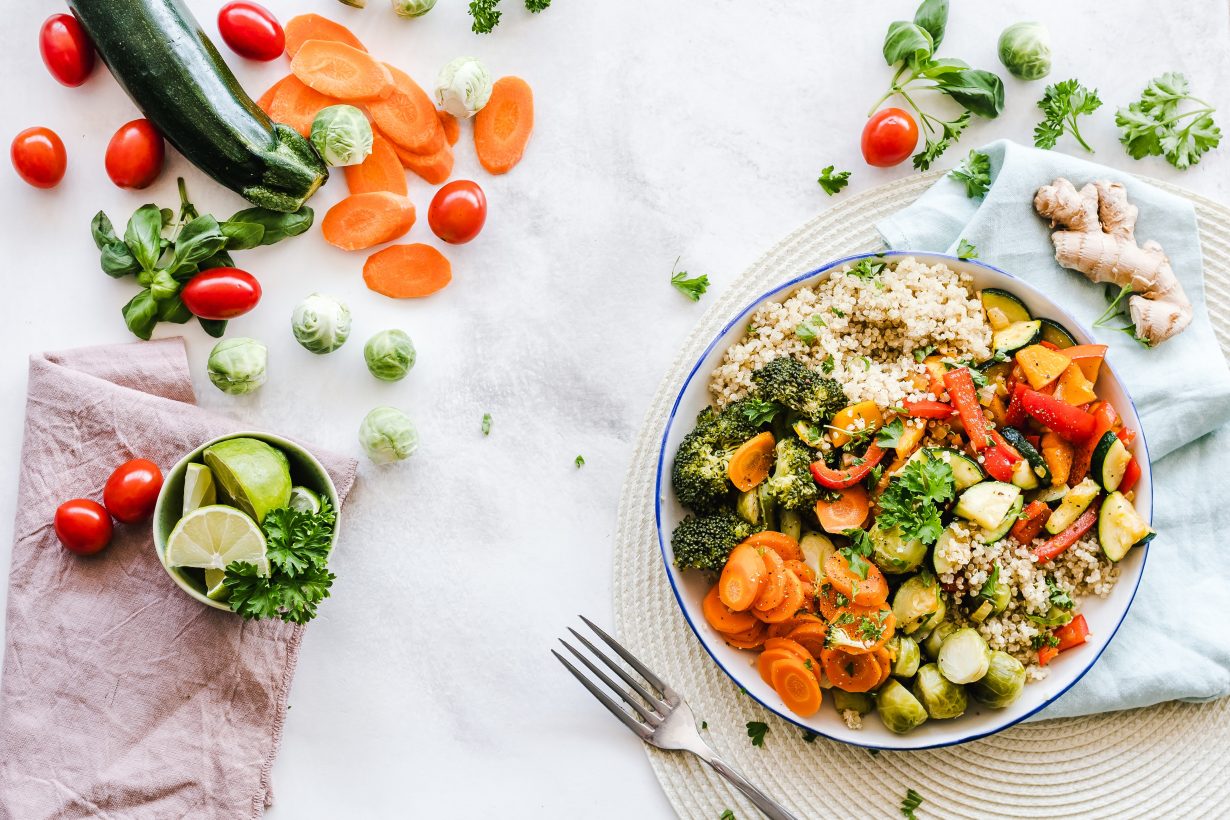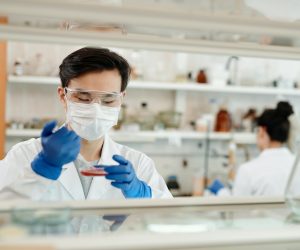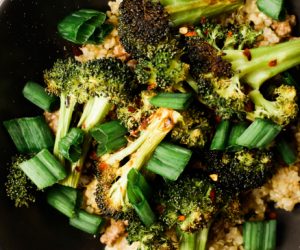
Gut Microbiome Changes With Cooking of Plant Foods, Says New Study
Dr. Liji Thomas, MD via News Medical-Net – When researchers from UC San Francisco and Harvard teamed up to find out how the gut microbiome is affected by cooking, they found that profound alterations occur in humans as well as in mice depending on whether plant food is consumed cooked or raw.
Since only humans cook, but humans everywhere do cook and have cooked for millennia, the researchers think it possible that the present structure of the human microbiome came to be over generations of being exposed to cooked plant food, with both humans and microbes adapting to the selection pressures exerted by cooking.
Scientists for several decades now have been trying to trace the effect of the gut microflora on human health and disease. Thus dysbiosis – abnormal relative proportions of different gut bacteria – has been linked to inflammatory bowel disease, weight gain, autism spectrum disorders, fibromyalgia, and many other medical conditions. The therapeutic interest of the present study, published in Nature Microbiology on September 30, 2019, is the possibility of being able to find out how and for how long to cook our food to optimize gut health by changing the composition of the gut microbiome.
In earlier studies, many researchers have looked at different diets, plant-based, vegetarian, or meat-based, to find out whether the microbiome underwent changes depending on the type of diet. Researcher Peter Turnbaugh, “We were surprised to discover that no one had studied the fundamental question of how cooking itself alters the composition of the microbial ecosystems in our guts.”
What Did the Study Show?
In the first part of this study, the impact of four types of diet on the microbiomes of mice was examined. The diets consisted of raw and cooked meat, and raw and cooked sweet potatoes. The reason for choosing these foods was the earlier finding that cooking changes the nutrient availability as well as the presence of other bioactive molecules in tubers and meat.
The researchers were surprised to find that cooking meat did not really make much of a difference as far as the microbiome was concerned. However, cooking sweet potatoes resulted in a significant change in microbiome composition, the genetic activity of the microbes, and the kind of metabolites they produced in relation to their impact on human health.
Inspired by these early results, they then included a much greater diversity of vegetables in the mouse diet, including both raw and cooked sweet potato but also corn, carrots, peas, white potatoes, and beet.
Related Articles:
Unlock the Full Nutritional Value of Vegetables With This Ingredient
Eating Up to Ten Portions of Fruit & Vegetables a Day May Reduce Disease, Early Death Risk
In both cases, they did a minute chemical analysis of the plant food before and after cooking to identify the differences. The result was a list of potential contributors to the impact of cooking on the microbiome. This is being explored in greater depth.
In the current study, they saw a host of alterations in the gut microbiome, caused by two factors in particular: increased absorption of nutrients from cooked food due to higher starch digestibility. This left less substrate for the colonic bacteria to feed on. Secondly, the raw food contains antimicrobial substances that are often lost in cooking, so that this also causes a distinct change in the microbiome depending on the intake of raw and cooked plant food. The energy status of the host also varied with the change in the gut microbiome, across a range of starchy foods, as different genes switched on and off, producing an altered metabolite pattern.
Thus, a diet containing a lot of raw plant food could actually change the gut composition not only by changing the pattern of nutrient availability but also by directly killing off specific bacterial species. A healthy diet should balance these factors while deciding on the type of food included.
Changes in diet type also produced changes in the animals themselves. For one, the mice on raw food diets lost weight. They wanted to know how weight loss was related to the raw food diet. To test this, they then transplanted the microbiomes from the study animals into fresh mice that were being fed on normal mouse chow, the regular laboratory mouse diet. Strangely, these mice put on weight instead. The scientists are still trying to figure this out.
A final step was also carried out: they wanted to see if humans showed the same type of changes in the microbiome in response to a cooked vs raw food diet. To induce human cooperation, a skilled chef who doubles as a Harvard graduate student, devised some delicious menus, both with cooked and raw food, which were comparable in terms of nutrients. The participants ate food from each menu for three days before switching to the other, the order being at random. Stool analysis at the end of the study period showed the strong influence of the diet on the microbiome in each case.
How the Study Matters
“It was exciting to see that the impact of cooking we see in rodents is also relevant to humans, although interestingly, the specifics of how the microbiome was affected differed between the two species.” -Peter Turnbaugh
They now want to take the study forward by looking at larger numbers of subjects eating different types of food for longer periods, to better assess how the microbiome changes over the long term in response to changes in the human diet. This could help determine better practices for weight loss as well as other human health conditions. Another interesting question that needs to be answered is how the human microbiome has attained its present state over generations of diverse culinary customs. This could help modify present practices to favor the health of modern peoples.
To read the original article click here.






